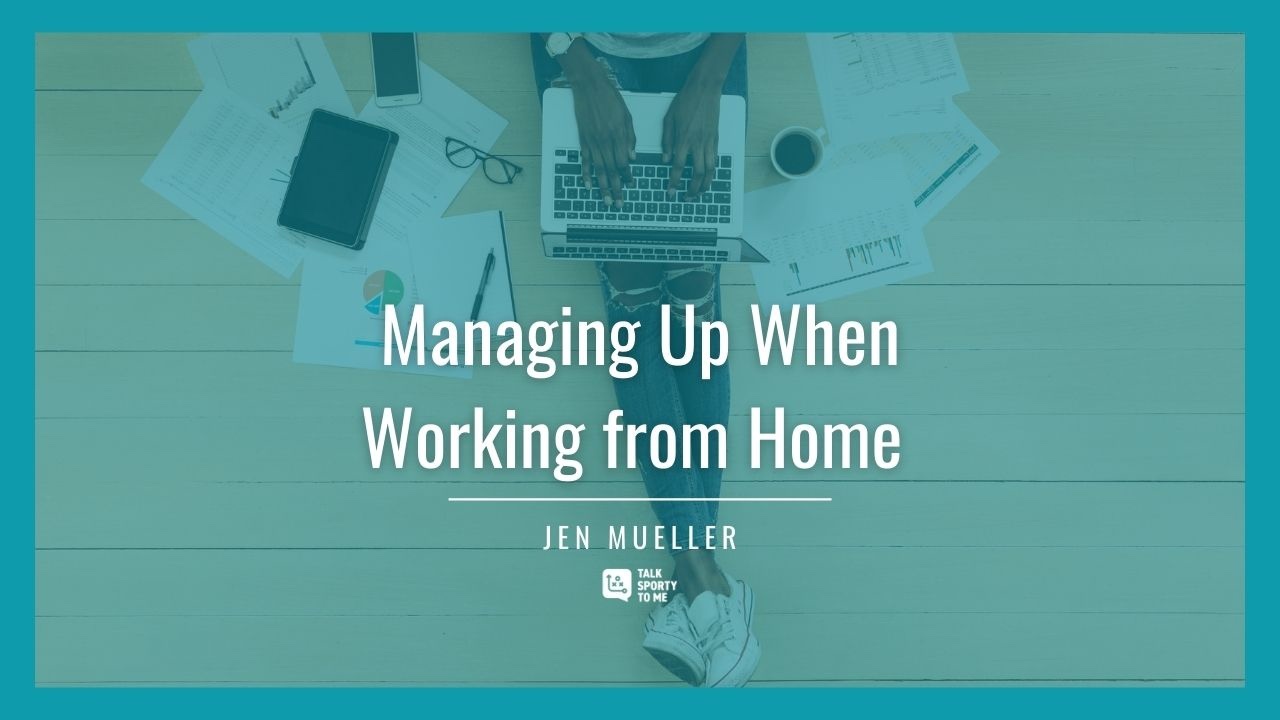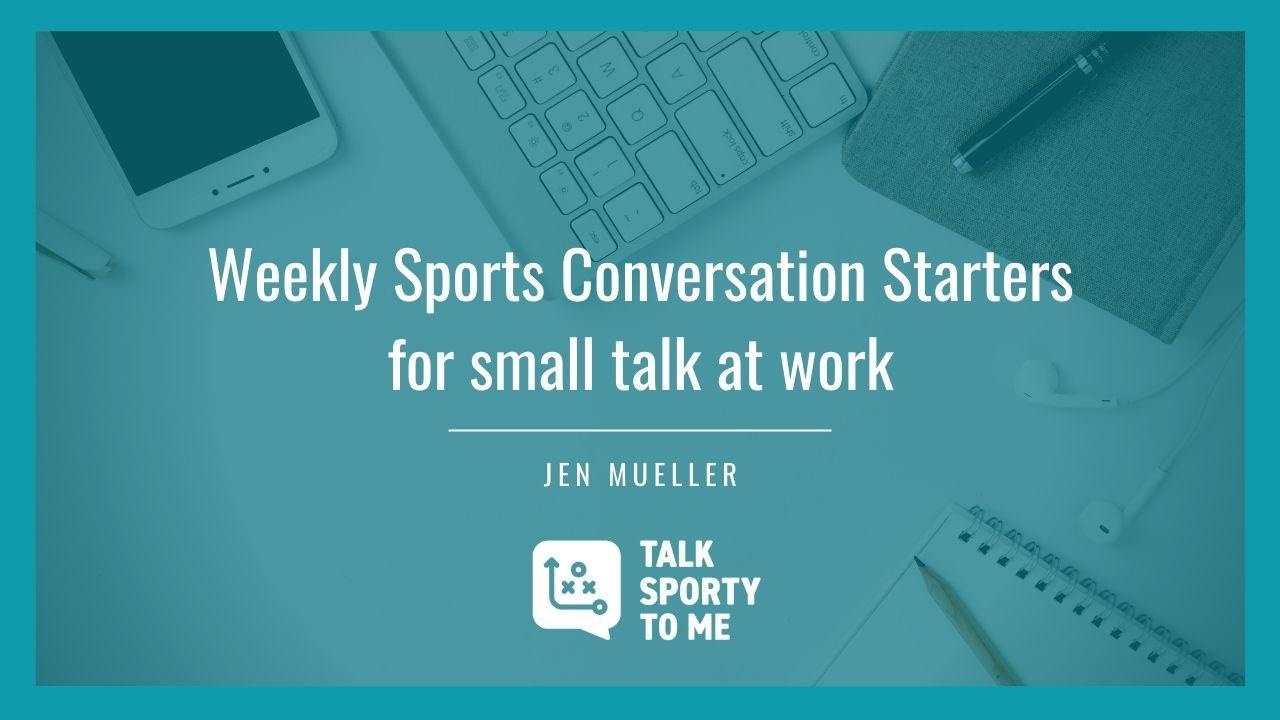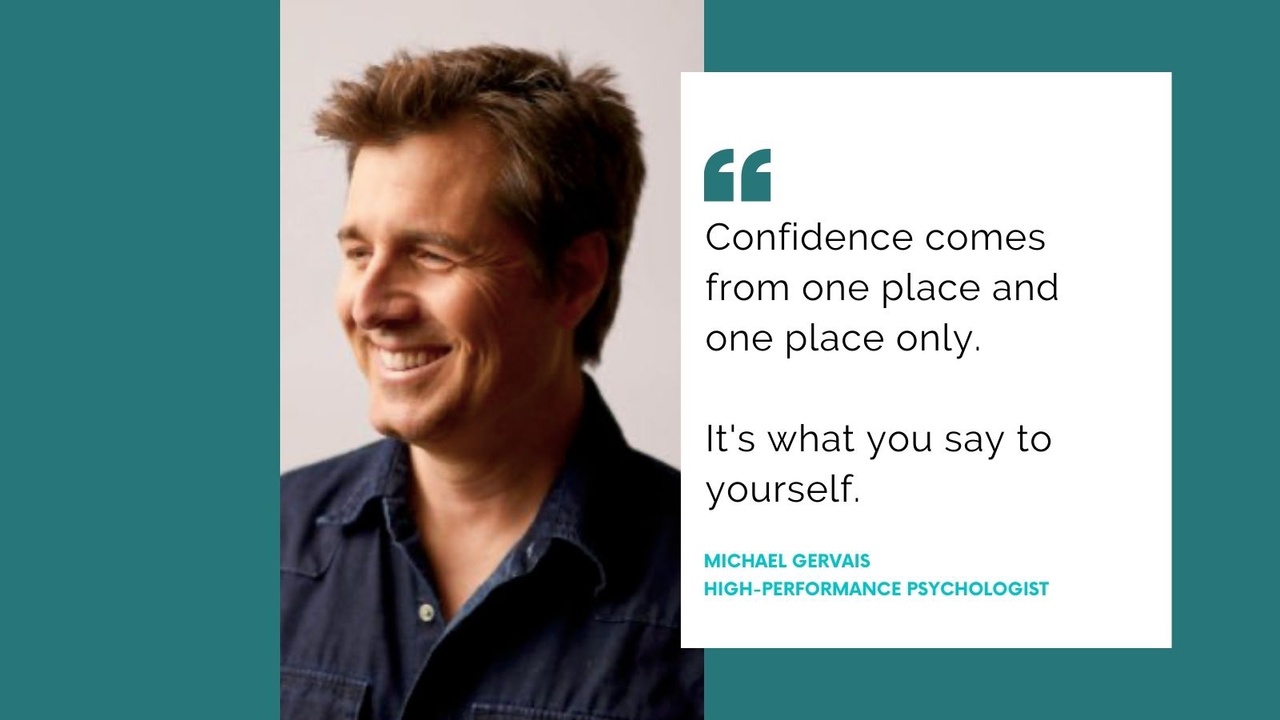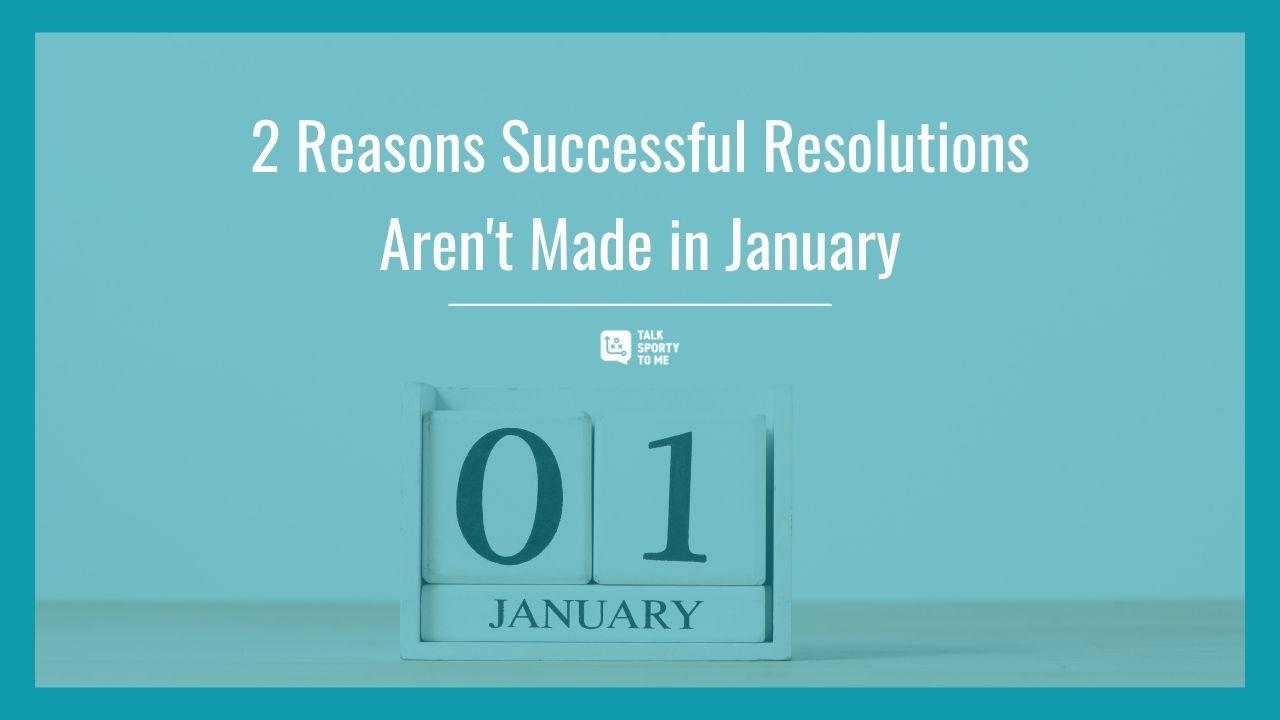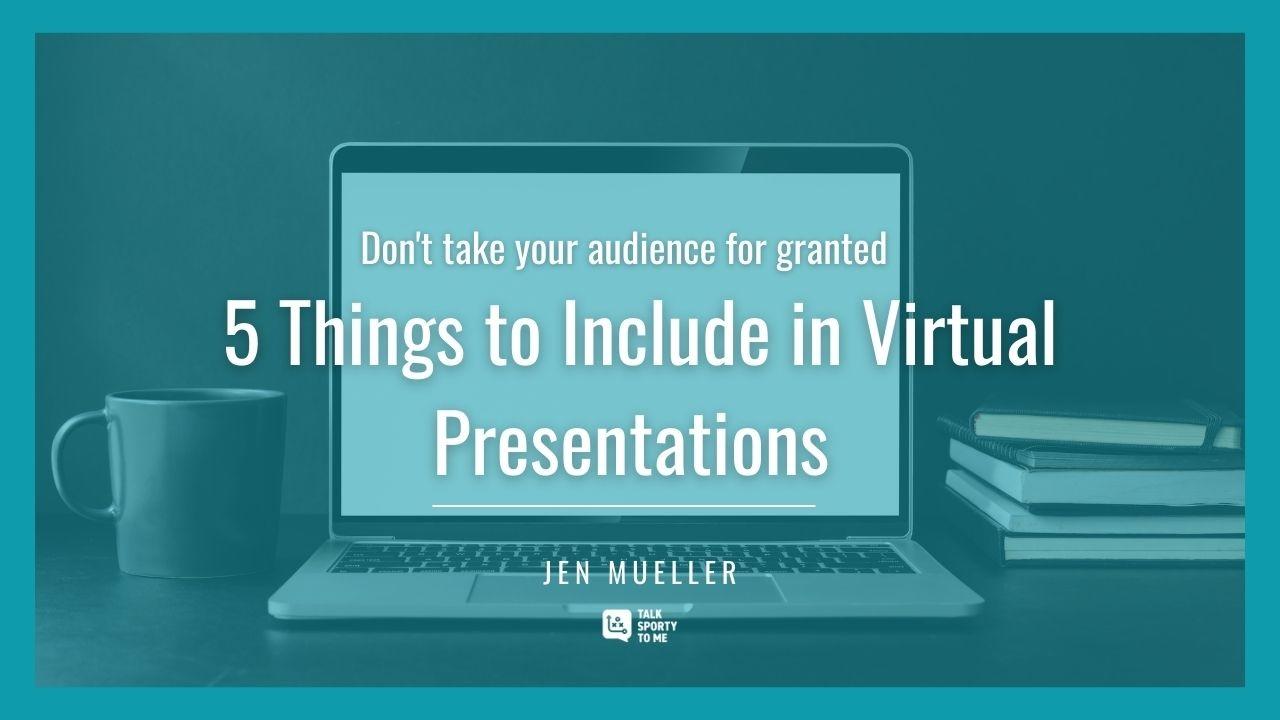The freedom and options that come from working from home highlight the benefits of the current business environment.
The downside? There’s less conta...
I feel like I’ve said this a lot in the past week, but it’s worth another reminder – the Super Bowl is a great conversation starter, even if you’re no...
By this point you know the drill. Every Monday you can find a list of sports conversation starters right here. These sports conversation starters are ...
I never thought of confidence as a skill. I assumed it was something you acquired with age, wisdom and experience. I believed that confidence was some...
There’s efficiency and necessity around virtual communication these days, but there’s nothing that can replace the richness of in-person interactions....
Effective leaders know who they’re leading. Not just the names of the people reporting to them, but the actual people.
That’s a challenge in any env...
It's just as important to prepare for the conversations you're not going to have as the ones you plan to have this week.
Maybe you're not going to g...
I’ll be honest my Monday is a little less happy following the Seahawks loss Saturday. My schedule changes dramatically this week and so will the inter...
Everything starts over in January. The year, your earnings statements, health care benefits, and often your resolve at making big improvements. It mak...
I don’t know if you need the encouragement yet, but good luck with those resolutions!
And I’d suggest adding one more item to your 2021 goals: Fin...
Happy New Year! I bet you have big plans for 2021, but do you have a way to share those plans? What about the accomplishment you’re most proud of from...
Attendance doesn't equal attentiveness.
Surely it's something you've realized in the current work from home environment. Logging into meetings doesn'...

